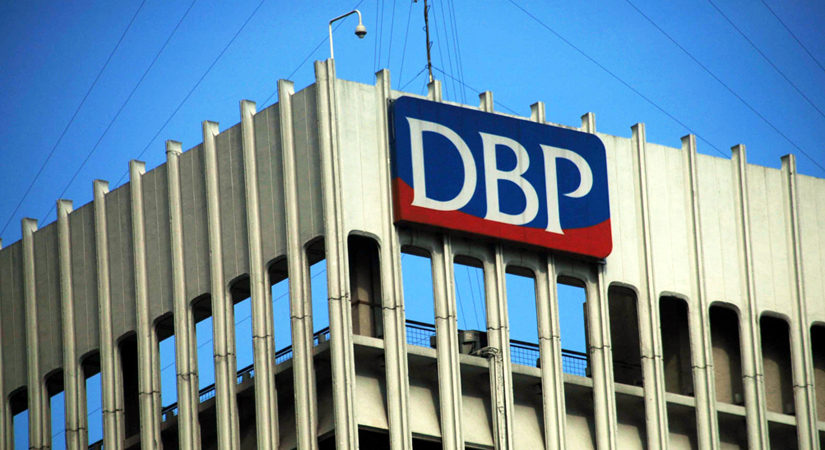Senators keen to raise funding for GUIDE bill beyond P10 billion

Vann Marlo M. Villegas, Reporter
A SENATE committee is planning to increase the P10 billion allocated for a measure that will assist businesses deemed strategic in recovering from the pandemic.
Senator Sherwin T. Gatchalian, the vice chairman of the committee on Banks, Financial Institutions and Currencies, said members will form a technical working group to refine House Bill 7749 or the proposed Government Financial Institutions Unified Initiatives to Distressed Enterprises for Economic Recovery (GUIDE) Act. The group will consider issues like increasing the funds allotted to the holding company organized by government banks which will perform the corporate rescues.
“The amount is only P10 billion which is miniscule compared to the P1.5 trillion in economic losses from 2020,” he told BusinessWorld in a phone interview, adding that the committee has to work with the Finance department to make the funding “more significant.”
“It’s either we increase it now or there (needs to be) a provision to increase it later on. So those are the things that we are thinking. But definitely, P10 billion is quite small when you talk about strategically important companies,” he added.
Mr. Gatchalian said the committee may finish assembling the technical working group in two to three weeks, due to the lockdown in the Senate following an increase in coronavirus cases there.
He said the target is to sponsor the bill to the plenary before the session adjourns on June 5.
Mr. Gatchalian also said the committee wants to make it the bill’s primary mission to protect jobs, rather than just outline a procedure for a government-funded holding company to invest in distressed companies. It also wants safeguards to ensure that the holding company focuses on companies whose problems are “temporary.”
“We want to make sure that the GUIDE bill is geared towards preserving employment… that should be strictly reflected in the bill,” he said.
“We also want to incorporate safeguards on the special holding company making sure that the special holding company will only invest in companies that are experiencing temporary solvency issues,” he added.
The second regular session will be suspended on March 27 and will resume on May 17 before Congress adjourns between June 5 and July 25.
The GUIDE bill provides P10 billion to government financial institutions as assistance to the businesses, with P2.5 billion going to the Development Bank of the Philippines, and P7.5 billion to the LandBank of the Philippines (LANDBANK).
The government banks will invest the amount in a special holding company that would assist “strategically important companies.”
Guian Angelo S. Dumalagan, a LANDBANK market economist, said in a Senate hearing on Wednesday that 15 “strategically important” companies could qualify for the government assistance. These were from sectors like wholesale and retail trade, transportation and storage, accommodation and food service, water supply, real property and construction.
Mr. Dumalagan also said that some 119,403 workers would be unemployed if the 15 companies, which he did not identify, were to close, adding that this would also affect the businesses’ supplier networks which include many micro, small and medium enterprises.
The impact of the companies and their “backward and forward linkages” on the economy is about P5.41 trillion, he said.
Senator Franklin M. Drilon in the same hearing said the P10 billion is inadequate.
“P10 billion is nothing… it’s a drop in the bucket… So I would add, either we add more funds or we strike out this program because it does not help us,” he said in the hearing.
National Treasurer Rosalia V. de Leon said at the hearing that the two banks can add their own capital to the assistance fund from their retained earnings and the government is also in talks with multilateral agencies.
Under the measure, an eligible company must not have any pending tax-related cases and must not have been in bankruptcy proceedings prior to the lockdown, and be a viable candidate for rehabilitation.
The recipient of government aid may not reduce its headcount beyond a percentage prescribed by the holding company, cannot increase salaries and benefits of senior executive officers and board members, and is not allowed to engage in excessive spending, among other conditions.
The House of Representatives approved the measure on third reading on Feb. 9.
